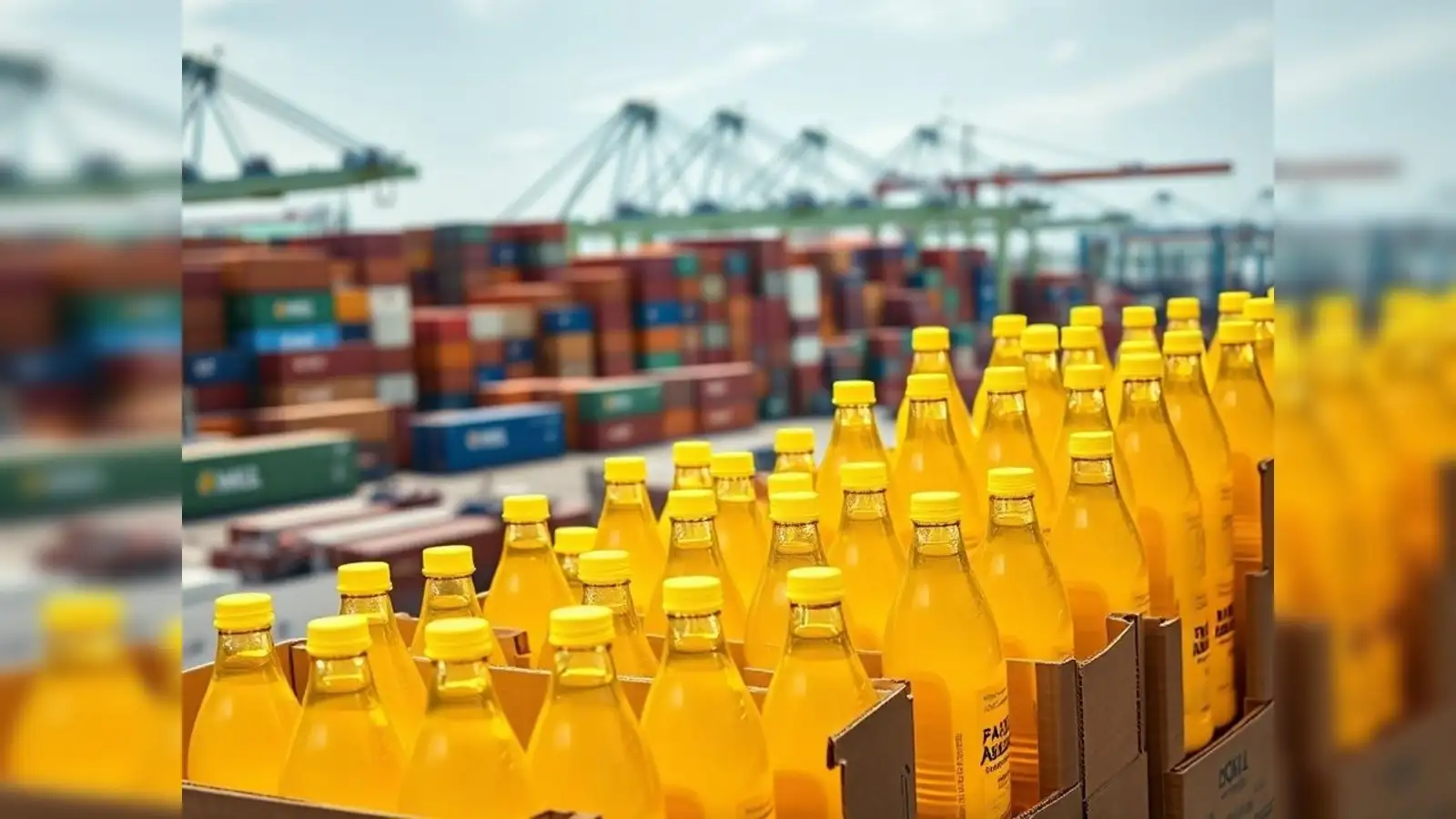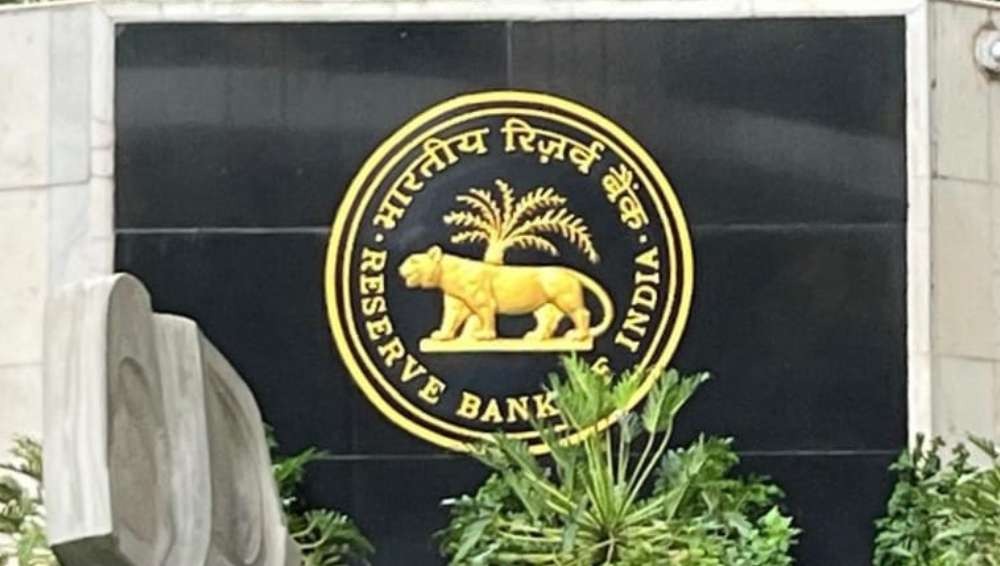 Image Source: The Economic Times
Image Source: The Economic Times
Malaysia’s palm oil exports have seen a robust uptick in August, with shipments from August 1 to 25 reaching 1,065,005 metric tons, a 16.4% increase compared to 914,924 metric tons during the same period in July, according to data released by independent inspection firm AmSpec Agri Malaysia. The surge in exports has bolstered market sentiment, pushing futures prices higher and signaling renewed global demand for the versatile edible oil.
The export momentum comes amid a backdrop of rising global vegetable oil prices, supportive biodiesel policies in Southeast Asia, and a rebound in demand from key markets such as India, China, and the European Union. Traders and analysts are interpreting the data as a bullish signal for the palm oil sector, which has faced volatility in recent months due to fluctuating inventories and geopolitical uncertainties.
Export Growth Signals Demand Recovery
The latest figures from AmSpec Agri Malaysia show a clear rebound in export activity, reversing the slowdown seen in July. The 16% month-on-month increase reflects stronger buying interest from overseas markets, particularly in refined palm olein and crude palm oil segments.
Industry insiders attribute the rise to several factors:
-
Seasonal restocking by importers ahead of festive seasons in South Asia and the Middle East.
-
Improved price competitiveness of palm oil compared to rival oils like soybean and sunflower oil.
-
Weaker ringgit, which has made Malaysian palm oil more attractive to foreign buyers.
The export boost is also supported by favorable weather conditions that have helped stabilize production, ensuring steady supply to meet rising demand.
Market Reaction: Futures Rally on Bursa Malaysia
The export data has had an immediate impact on market sentiment. On the Bursa Malaysia Derivatives Exchange, the benchmark palm oil contract for October delivery rose 3.03% to 4,384 ringgit ($1,036.16) per metric ton, marking its highest close since April 3. Traders cited the stronger-than-expected export figures and rising prices on China’s Dalian Commodity Exchange as key drivers of the rally.
Palm oil futures have been tracking gains in rival edible oils, with soyoil on the Chicago Board of Trade up 1.68% and Dalian’s palm oil contract gaining 2.29%. The correlation among vegetable oils reflects their substitutability in food and industrial applications, making palm oil’s price movements highly sensitive to global trends.
Global Context: Biodiesel and Geopolitics
Beyond traditional food uses, palm oil continues to play a pivotal role in biofuel production. Indonesia, the world’s largest producer, has reaffirmed plans to raise its mandatory biodiesel blend to 50% (B50) next year, although implementation may be delayed. Malaysia is also exploring expanded biodiesel mandates, which could further support domestic consumption and reduce export dependency.
Geopolitical factors are also influencing trade flows. The ongoing conflict in the Middle East and trade tensions between major economies have prompted importers to diversify supply sources, with Malaysia benefiting from its reputation for consistent quality and regulatory transparency.
Inventory and Production Trends
While exports have surged, Malaysia’s palm oil inventories remain elevated. According to the Malaysian Palm Oil Board (MPOB), stocks rose to 2.11 million metric tons in July, the highest in nearly two years. This was driven by robust production that outpaced demand, although August’s export surge may help rebalance the equation.
Industry analysts expect inventories to moderate in the coming months if export momentum continues and domestic consumption picks up, particularly through biodiesel channels.
Outlook: Bullish but Watchful
The August export surge is a welcome development for Malaysia’s palm oil sector, signaling a potential turnaround after months of subdued performance. However, stakeholders remain cautious, watching for:
-
Further confirmation of demand sustainability from key markets.
-
Policy shifts in biodiesel mandates.
-
Currency fluctuations and their impact on trade competitiveness.
With palm oil prices climbing and export volumes rising, Malaysia’s producers and traders are entering September with renewed optimism—but also with eyes wide open to global risks.
Sources: AgriInsite, Prestasi Sawit Malaysia, MyBURSA
Advertisement
Advertisement





